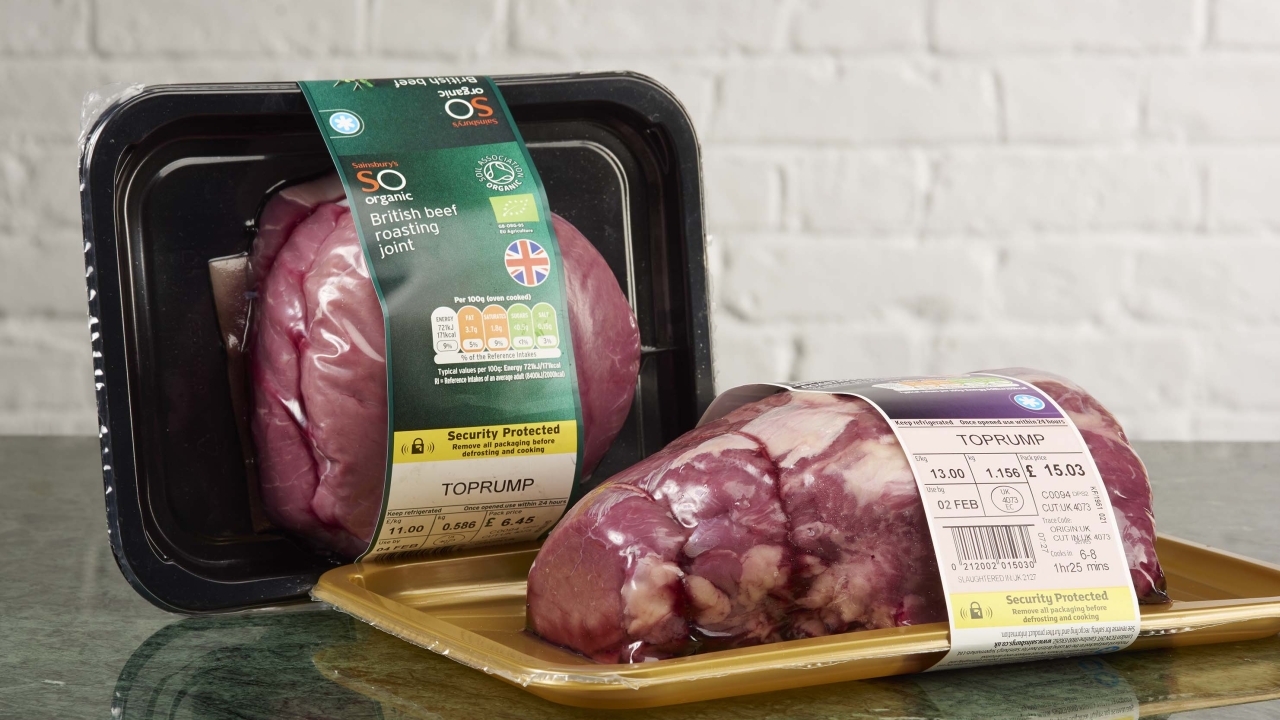Global conference organized by Ravenwood Packaging details linerless label market
Ravenwood Packaging has hosted its latest global conference, where new formats of linerless labels and minimalist labeling technology were discussed.

Ravenwood Packaging said labels and sleeves are continuing to win ground over other ‘more-elaborate packaging formats’, with linerless labels surging forward as a result of their green credentials. Recent linerless labeling introductions have included slidable, skin-pack and super-protruding labels for bulky products, such as whole joints of meat.
The UK labeling and sleeving specialist hosted its 2015 conference at The Abbeygate Picturehouse in Bury St Edmunds, and attracted more than 40 experts from around the world, including Australia, Europe and the US, who are promoting the use of linerless adhesive backed labeling systems.
Ravenwood Packaging managing director Paul Beamish said: ‘Backingless, or "skinny labels", are winning new followers across the globe as companies worldwide accept the idea that less is more.
‘We are looking at new ideas and concepts for the future. What started as a simple concept is now a major force in packaging and we are looking at ways of adapting the technology to answer other packaging challenges.’
Findings from the conference confirm that minimalist labeling is becoming adopted as standard by the food packaging sector across the world, Ravenwood Packaging said, particularly for chilled foods.
Other industries are looking to adapt the technology as they look to become more process and waste efficient, the company added, with linerless labels producing less waste than conventional labeling in that they have no liner or backing paper. Savings can be made in the production process as linerless labels allow for more than a 50 percent reduction in the need for label changeover. The costs associated with transporting labels are also lower as they are lighter and less bulky.
‘Manufacturers and retailers are now doing everything they can to take practical steps towards sustainability and this is what is feeding this growth in linerless labeling,’ Beamish concluded.
Stay up to date
Subscribe to the free Label News newsletter and receive the latest content every week. We'll never share your email address.

